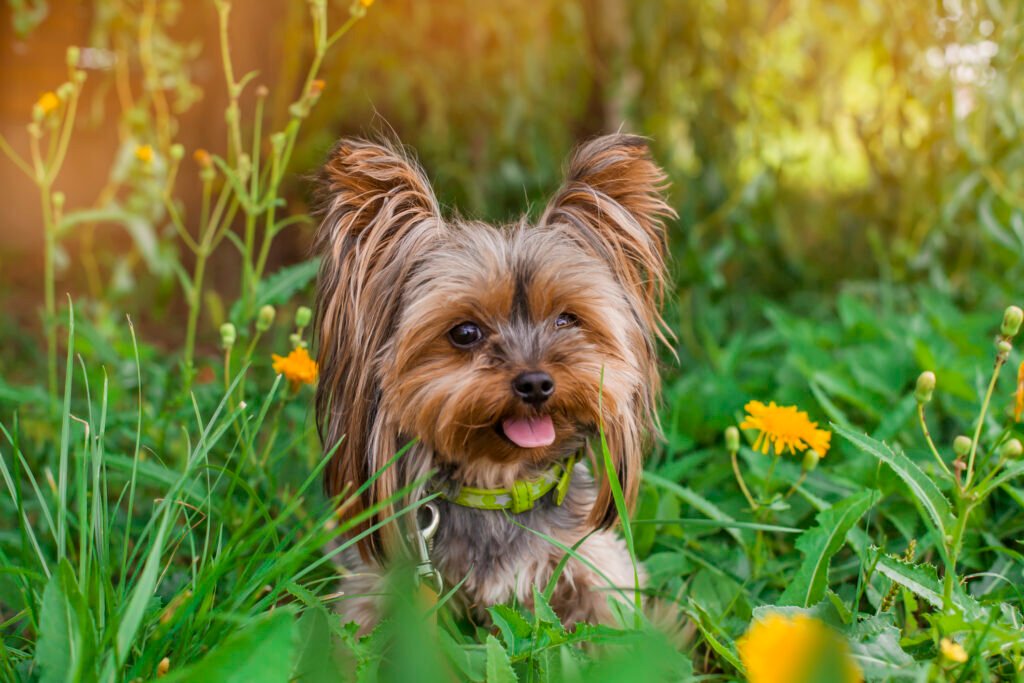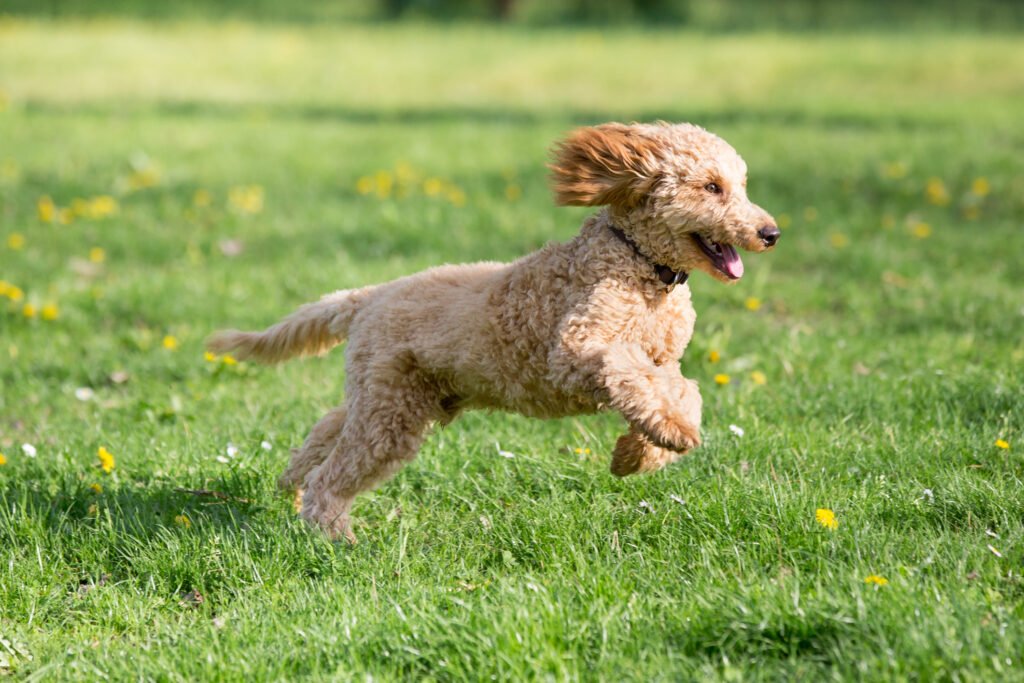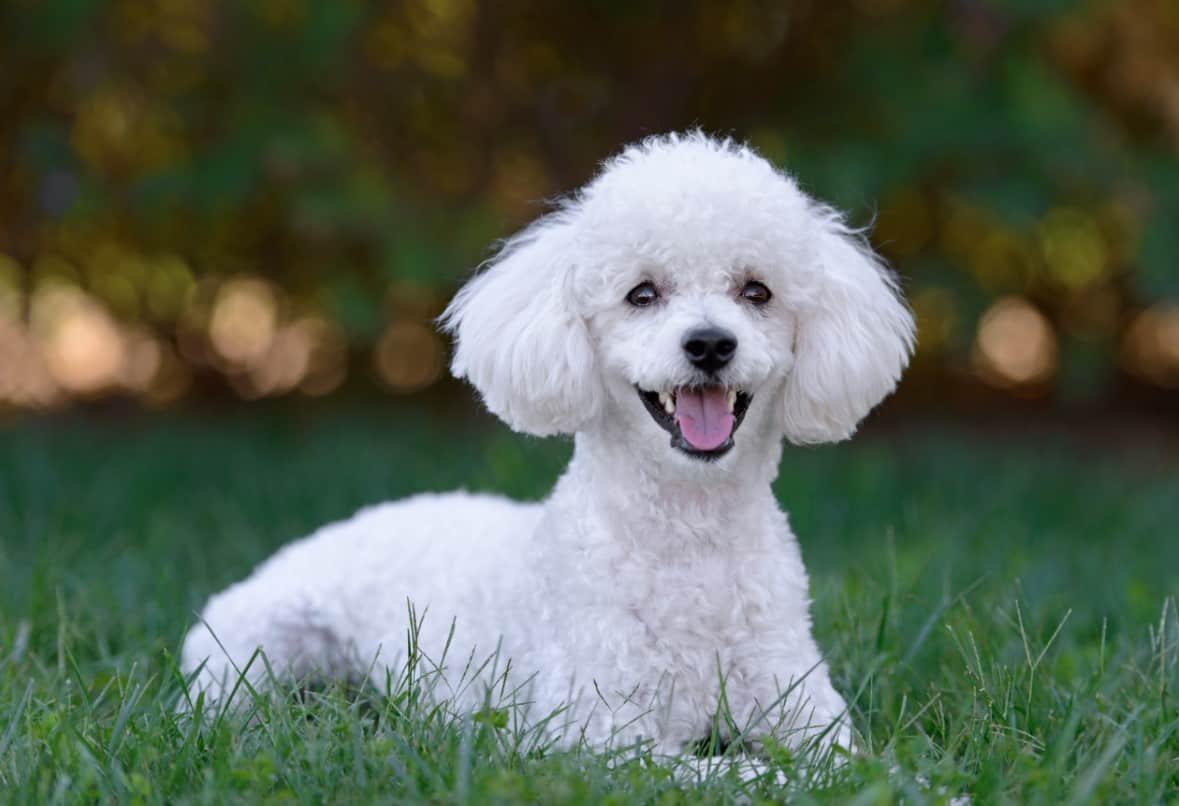Table of Contents
If you love dogs but suffer from allergies, hypoallergenic dog breeds might just be the solution you’ve been looking for. Allergy symptoms such as itching, swelling, coughing, and rashes can put a damper on your relationship with these furry friends. However, hypoallergenic dog breeds shed less or produce less dander, making them a better match for people with allergies. While they’re not completely allergy-free, these dogs are easier on your allergies compared to non-hypoallergenic breeds. Factors such as minimal shedding and a thinner undercoat contribute to their hypoallergenic qualities. Popular breeds like Affenpinschers, Bichon Frises, Maltese, Poodles, Yorkshire Terriers, and more are widely considered hypoallergenic. Time to find the perfect furry companion without compromising your health!

Hypoallergenic Dog Breeds
If you love dogs but have allergies, you may think that owning a furry friend is out of the question. However, there is good news for allergy sufferers – hypoallergenic dog breeds! These breeds are specifically bred to be less likely to cause allergic reactions in people who are sensitive to dogs. In this article, we will explore the concept of hypoallergenic dogs, the nature of allergies to dogs, the benefits of hypoallergenic breeds, factors that make a dog hypoallergenic, and popular hypoallergenic dog breeds for you to consider.
Explanation of Hypoallergenic
Before we dive into the world of hypoallergenic dog breeds, it’s important to understand the meaning of “hypoallergenic.” The term hypoallergenic refers to substances or products that are less likely to cause an allergic reaction. When it comes to dogs, hypoallergenic breeds are those that are less likely to trigger allergies in people who are prone to allergies. While no dog is completely allergy-free, hypoallergenic breeds produce fewer allergens and are easier on people’s allergies compared to non-hypoallergenic breeds.

Nature of Allergies to Dogs
Some people can have allergic reactions to dogs, experiencing symptoms such as itching, swelling, coughing, and rashes. These reactions are caused by allergens present in a dog’s dander (dead skin cells), saliva, and urine. When a person with allergies comes into contact with these allergens, their immune system overreacts, triggering the symptoms mentioned earlier. It’s important to note that allergies can vary in severity and some individuals may be more sensitive to certain breeds or allergens than others.
Benefits of Hypoallergenic Dogs
Now that we have a basic understanding of hypoallergenic dogs and allergies, let’s explore the benefits of choosing a hypoallergenic breed if you are an allergy sufferer.
Reduced Allergic Reactions
The most obvious benefit of owning a hypoallergenic dog is a reduced risk of experiencing allergic reactions. Hypoallergenic breeds produce fewer allergens, such as dander, which can significantly minimize the likelihood of triggering an allergic response. This means that you can enjoy the companionship and love of a four-legged friend without constantly battling with uncomfortable allergy symptoms.
Better Fit for Allergy Sufferers
For individuals with allergies, finding the right pet can be a challenge. Hypoallergenic dogs offer a better fit for allergy sufferers who want to share their lives with a dog. These breeds are specifically bred to be compatible with allergy-prone individuals, making it easier to find a dog that won’t exacerbate your allergies. With a hypoallergenic dog, you can experience the joy of having a furry companion without compromising your health and well-being.

Factors that Make a Dog Hypoallergenic
Now that we understand the benefits of hypoallergenic dogs, let’s explore the factors that contribute to a dog being considered hypoallergenic.
Low Shedding
One of the main factors that make a dog hypoallergenic is its shedding characteristics. Hypoallergenic breeds are known for shedding very little or not at all. Shedding is the process of a dog’s old or damaged hair falling out, and with less shedding, there is a reduced amount of allergens being released into the environment. This is great news for allergy sufferers, as it means fewer allergens to trigger an allergic reaction.
Less Dander
In addition to shedding, the amount of dander a dog produces also plays a role in determining its hypoallergenic status. Dander is the dead skin cells that dogs shed, and it contains proteins that can cause allergies in susceptible individuals. Hypoallergenic breeds produce less dander, making it less likely to cause an allergic reaction. This is especially important for individuals with allergies, as dander is a common trigger for allergic symptoms.
Thinner Undercoat
Another factor that contributes to a dog’s hypoallergenic nature is the thickness of its undercoat. Dogs with a thinner undercoat are less likely to produce excessive amounts of allergens. The undercoat is the layer of fur beneath the outer coat, and breeds with a thin undercoat tend to produce fewer allergens. This is why many hypoallergenic breeds have a single coat or have hair instead of fur. By having a thinner undercoat, these breeds reduce the amount of allergens they release into the environment.
Popular Hypoallergenic Dog Breeds
Now that we have explored the factors that make a dog hypoallergenic, let’s take a look at some popular hypoallergenic dog breeds that you might consider if you are an allergy sufferer.
Affenpinscher
Affenpinschers are small, hypoallergenic dogs known for their monkey-like appearance. They have a wiry, dense coat that requires regular grooming to prevent matting. Affenpinschers shed very little, making them a great choice for allergy sufferers.
Bichon Frise
Bichon Frises are small, fluffy dogs with a curly, hypoallergenic coat. They are known for their friendly and cheerful nature. Bichon Frises do not shed much and require regular grooming to maintain their coat.
Maltese
Maltese dogs are tiny yet elegant dogs with a long, silky coat. They are hypoallergenic dogs that shed very little. Maltese dogs are known for their affectionate and loyal nature, making them wonderful companions.
Poodle
Poodles are well-known for their hypoallergenic coats. They come in different sizes, including standard, miniature, and toy. Poodles have hair instead of fur, which means they shed very little. Regular grooming is necessary to keep their coats mat-free.
Yorkshire Terrier
Yorkshire Terriers, or Yorkies, are small and glamorous dogs with a long, hypoallergenic coat. They shed very little, making them suitable for individuals with allergies. Yorkies are known for their playful and confident personalities.
Giant Schnauzer
Giant Schnauzers are larger hypoallergenic dogs with a dense and wiry coat. They require regular grooming to prevent matting and minimal shedding makes them a good choice for allergy sufferers. Giant Schnauzers are intelligent and loyal breeds.
American Hairless Terrier
As the name suggests, American Hairless Terriers are completely hairless dogs. This unique feature makes them an excellent choice for individuals with allergies. American Hairless Terriers are energetic and intelligent, making them great companions.
Irish Water Spaniel
Irish Water Spaniels are a hypoallergenic breed known for their water-repellent curly coat. They shed very little and require regular grooming. These dogs are intelligent, playful, and excel in activities such as swimming and retrieving.
Labradoodle
Labradoodles are a crossbreed between Labrador Retrievers and Poodles, known for their hypoallergenic coats. They come in different sizes and coat types, which can range from curly to wavy. Labradoodles are friendly, intelligent, and make great family pets.
Brussels Griffon
Brussels Griffons are small hypoallergenic dogs with a distinctive and adorable appearance. They have a dense and wiry coat that requires regular grooming. Brussels Griffons are intelligent, affectionate, and known for their charming personalities.
In conclusion, hypoallergenic dog breeds provide a wonderful option for individuals with allergies who want to experience the joy of owning a dog. These breeds have characteristics that make them less likely to cause allergic reactions, including low shedding, producing less dander, and having a thinner undercoat. Popular hypoallergenic breeds such as the Affenpinscher, Bichon Frise, Maltese, Poodle, Yorkshire Terrier, Giant Schnauzer, American Hairless Terrier, Irish Water Spaniel, Labradoodle, and Brussels Griffon offer a range of choices for allergy sufferers. By choosing a hypoallergenic dog, you can enjoy the love and companionship of a furry friend without the constant battle with allergies.




